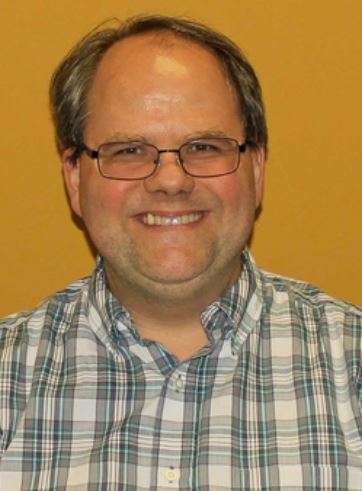
What do COVID deniers and protesters of police brutality have in common?
The first group tends to be older, whiter, and more conservative. The more militant ones confront those wearing masks in public, but most simply choose not to wear masks themselves, despite the clear evidence that these slow the pandemic’s growth. They also crowd together in public spaces—in some cases a deliberate snub to public-health authorities. What preventative steps they do take appear completely ineffective, like stocking up on guns and ammunition.
The second group has also been crowding together in public spaces lately, though many wear masks. Memorials honoring police brutality victim George Floyd have turned into raucous, nationwide protests that sometimes spill over into rioting. These have raged for days in Kansas City. Smaller actions are occurring in other area communities, including Lawrence and Topeka. President Trump and others respond with a call for “law and order,” inviting comparisons to President Nixon’s election in 1968.
Beneath their hatred for one another, these two groups share something. Both gave up on traditional, political actions like voting, town hall meetings, and volunteering. The see a government that often runs on autopilot, with little regard for voters or elected officials. Twentieth-century political philosophers called this “The Administrative State”--a government where professional administrators just go on doing what they do, regardless of who votes, how they vote, or who holds office. There is no oversight or accountability. Philosopher Hannah Arendt called this “government by nobody.”
Consider the shutdowns of schools, many workplaces, and public spaces in response to COVID-19. It occurred quickly, with little public input. Epidemiologists and other public health officials advised Kansas Governor Laura Kelly and others to quarantine, and it happened. This was probably necessary, given the incredible speed with which the Novel Coronavirus spread. However, it also left many citizens feeling that nothing they did really mattered—government was going to do what government does, regardless. Former President Obama once said that working-class whites “cling to their guns and religion” when they feel threatened. Obama faced strong blowback for this, but it is exactly what happened. Faced with government administrators who ignored them, this population not only stocked up on firearms, they also made the reopening of churches a centerpiece of their demands.
Next come the protesters outraged by Floyd’s death and other police brutalities. They think the Administrative State is ignoring them. They are right. Floyd’s murder occurred in Minneapolis, Minnesota. The mayor of Minneapolis, that district’s U.S. Representative, and the governor of Minnesota are all strong progressives who support policing reforms. What difference did this make for Floyd? None. As in other cities, the police behave as “street level bureaucrats” with little regard for oversight by elected officials. In Minneapolis, a history of racial segregation and strong police unions reinforce these tendencies. Activists have faced similar frustrations in their recent efforts to reform policing here, in Kansas City, Kansas. Like other bureaucrats, police simply wait out their supposed supervisors in the mayor’s office, city council, and other elected bodies. Politicians come and go, but the police are still here, doing what they do. Critics are left feeling impotent and outraged. They turn to protesting and even rioting instead of voting. Been there, done that, nothing changed.
Ultimately, in order for us to restore a functioning government, Government by Nobody has got to go. It will be messy, but the sooner we get started, the better.
Michael Smith is a professor at Emporia State University.






